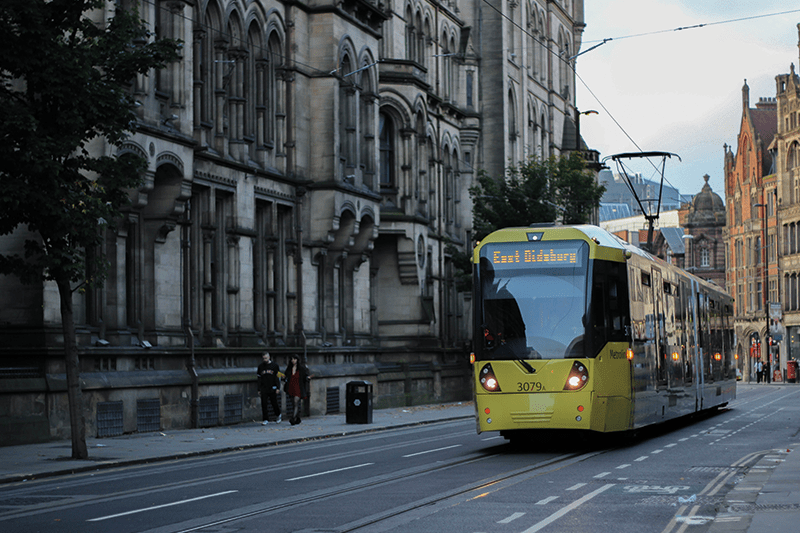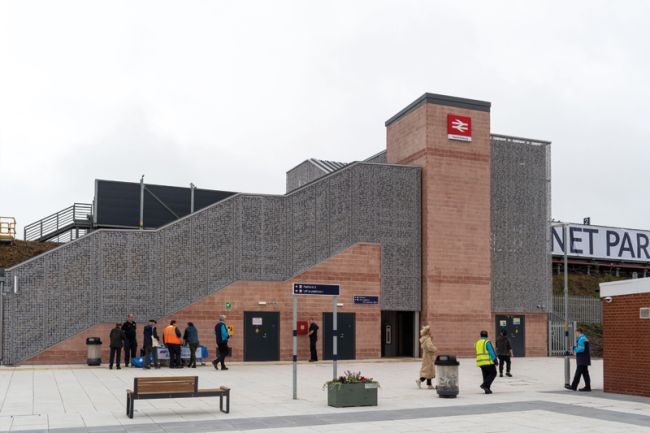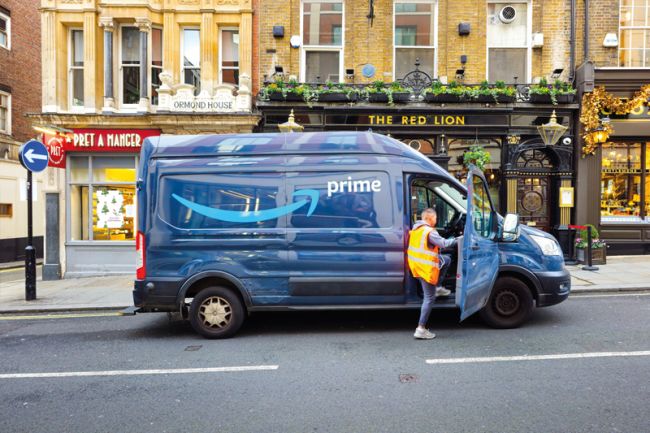Re-imagining Greater Manchester's towns
Last week, I took a morning out to attend the Greater Manchester Development Hotspots conference at the Science and Industry Museum.

Last week, I took a morning out to attend the Greater Manchester Development Hotspots conference at the Science and Industry Museum. The event, put on by Place North West, had a real buzz to it thanks to the mingling of built environment professionals, local authority officers, and developers.
Speakers included Becca Heron (Manchester City Council), Paul Lakin (Bury Council), David Proctor (Wigan Council), John Searle (Salford City Council), and Mark Robinson (Rochdale Borough Council). These senior officers offered practical insights for attendees on the areas of GM they have a deep understanding of.
Having spent eight years thinking about the future of Greater Manchester in my previous role as Head of Strategic Planning at TfGM, it was great to attend this event, which focused on places in Greater Manchester that are often overlooked. Speakers homed in on the unique role of towns in reshaping the city region and profiled regeneration aspirations in places like Wythenshawe, Eccles, Heywood, Bury, and Wigan.
The importance of having a clear vision and a long-term plan was emphasised by all the speakers, many of whom stated that without a coherent plan tailored to the specific needs of that place, progress can be slow and unfocused, with new opportunities less likely to be exploited effectively.
Capitalising on local knowledge by involving local communities and businesses in developing regeneration plans was also seen as crucial. Local people know and understand the local area better than anyone and can help identify both current challenges and future needs. Likewise, it's also important to involve groups with specific requirements—a representative from the RNIB at the event very clearly highlighted the importance of running inclusive and accessible engagement processes that ensure those with specific disabilities can influence the design of projects from the outset.
In a similar vein, the essential nature of communication with and within communities for expectation management and fostering good relationships was also discussed. Regeneration is a long-term process that can cause significant disruption in the near term, and communities need to understand the bigger ambition to keep them on board. Impatience at how long things can take to deliver can also develop, so where possible, authorities should identify opportunities to deliver quicker-win solutions that help to build momentum and community support for change.
A recurring discussion point throughout the event was the perception that regeneration can lead to gentrification and the creation of exclusive neighbourhoods. Most speakers felt that this was a risk that could be managed through careful planning. Towns were identified as being places that should have broad appeal and cater to the needs of people from all walks of life. They need to incorporate a mixed residential and employment offer and provide good access to a range of essential services. Towns should diversify away from traditional high-street retailers towards more independent shops, cultural activities, and food and drink offerings, plus more evening and weekend activity.
Needless to say, regeneration should always champion sustainability through improving public space, building green and blue infrastructure, and developing net zero buildings (through retrofitting wherever possible). The importance of excellent sustainable transport connectivity was highlighted by all speakers, be it by bus, rail, Metrolink, or the creation of 20-minute neighbourhoods to encourage walking and cycling. It was great to hear the Streets for All work that Steer is doing in Heywood get a name-check from Mark Robinson!
The whole event was very invigorating, and it was lovely to catch up with old contacts, many of whom I hadn't seen in person since before Covid.
Well done to the fantastic Place North West team for hosting such a brilliant event!






















